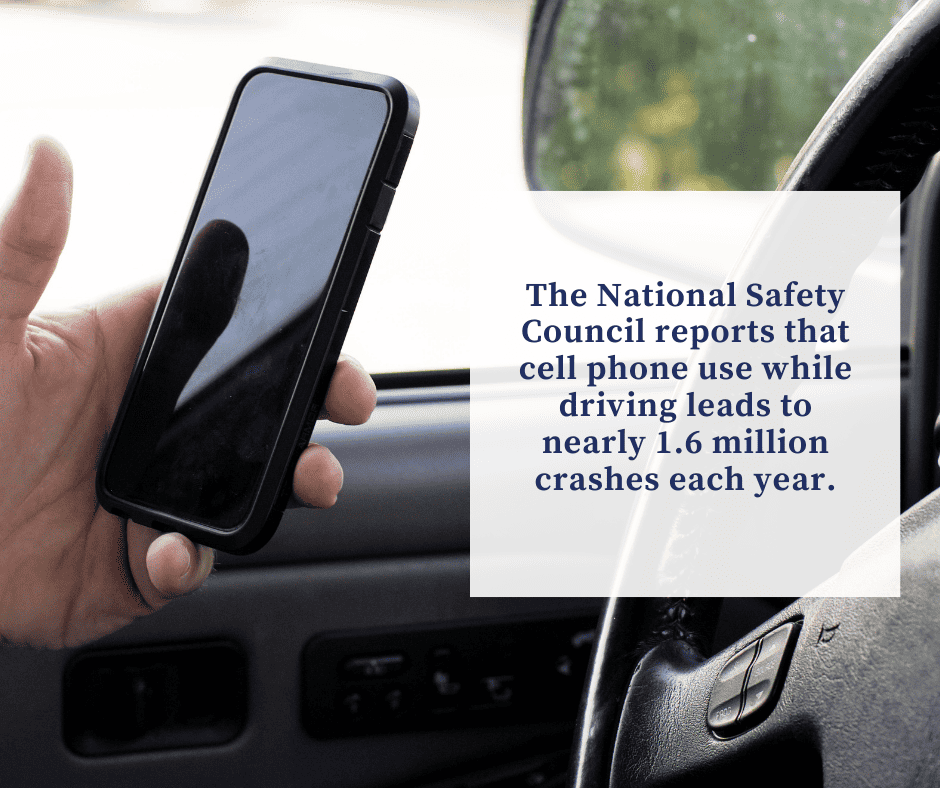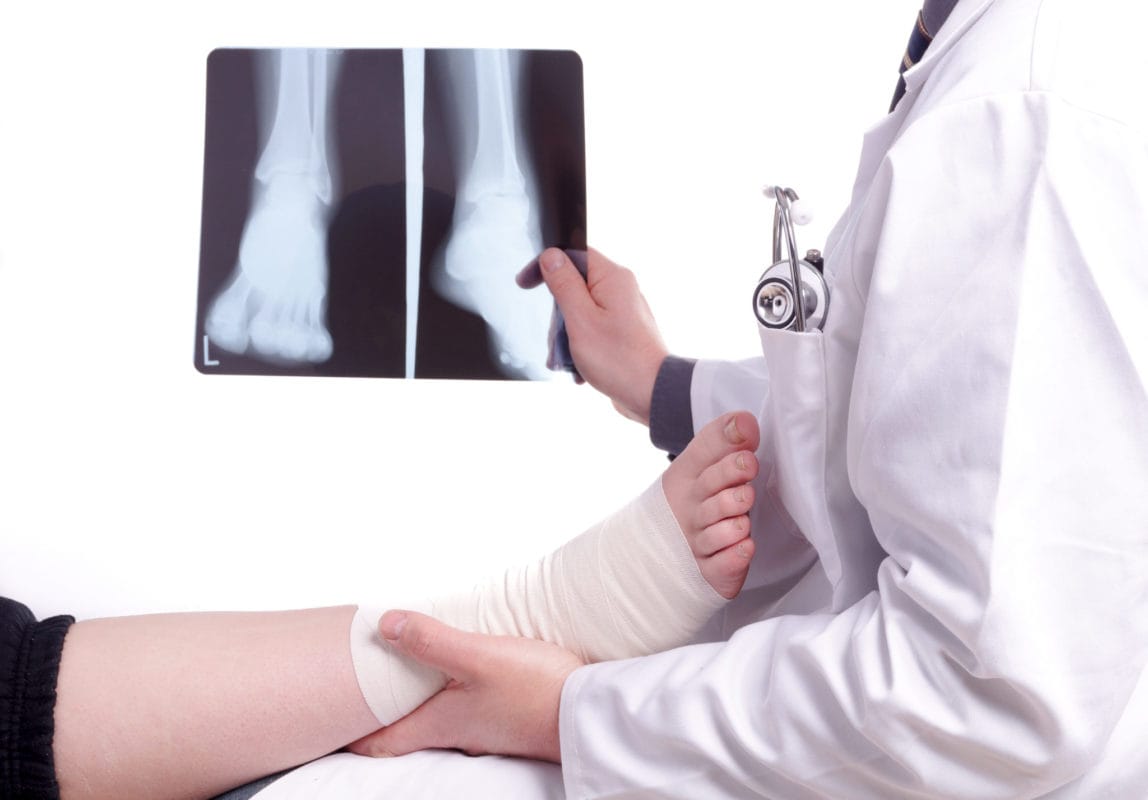When you’ve been injured in a car crash, you may experience a range of injuries, from soft tissue damage to broken bones. However, you could also find that the car insurance company that you are dealing with to seek compensation for your medical bills and other costs may use the type of injuries you suffer in an attempt to deny your claim. In many cases, the insurance company’s claims adjuster isn’t working to provide you with the maximum benefits to address your injuries but to achieve a favorable settlement for the company.
 While people generally sign up for car insurance expecting helpful, supportive service that reflects the consumer’s interests, insurance companies frequently attempt to deny and minimize claims when the policy needs to pay. When you need to fight for your interests after a crash, a Las Vegas personal injury lawyer can advocate for you and help you to achieve a better outcome.
While people generally sign up for car insurance expecting helpful, supportive service that reflects the consumer’s interests, insurance companies frequently attempt to deny and minimize claims when the policy needs to pay. When you need to fight for your interests after a crash, a Las Vegas personal injury lawyer can advocate for you and help you to achieve a better outcome.
Overview of Different Injuries
Objective injuries are easily identifiable and medically distinct: for example, broken bones or visible wounds. On the other hand, subjective injuries often involve lingering pain, discomfort and limited movement due to muscle, ligament and other damage. This type of damage is much more difficult to quantify in a medical report and therefore more difficult to prove in court. Therefore, you will often find that an insurance company will attempt to minimize these injuries and the compensation made for them after a crash. Of course, you can also find low offers made from insurance companies for objective injuries as well.
What Are Objective Injuries?
If you’ve experienced a car accident Las Vegas, you’ve likely experienced what is called “objective injuries”. These are unquestionable injuries that are easily verifiable and visible.
Examples of objective injuries are:
- Fractures
- Concussions
- Spine Injuries
- Joint Injuries
- Scarring
- Soft Tissue Damage
 Insurance companies aren’t fans of objective injuries because it’s difficult to argue against irrefutable evidence obtained from official sources. Generally, it’s much more difficult for them to justify deny claims based on objective injuries.
Insurance companies aren’t fans of objective injuries because it’s difficult to argue against irrefutable evidence obtained from official sources. Generally, it’s much more difficult for them to justify deny claims based on objective injuries.
The one trick they sometimes use is to claim that you had a pre-existing injury that post-accident exams revealed. However, this defense has become less common over the years as medical technology has become able to usually estimate the approximate time of injury. If you don’t get evaluated immediately after the accident, they could try to argue that there’s no proof the injury didn’t somehow occur after it happened.
What Are Subjective Injuries?
Unlike objective injuries, “subjective injuries” are not provable by cut-and-dry evidence. Insurance companies are almost certain to get out of paying claims based on these. For example, while concussions and soft tissue damage can have severe medical complications and cause significant harm, they might not show up on scans that are done.
Examples of Subjective Injuries:
- Anxiety/Depression
- Exhaustion
- Headaches
- Joint Pain
- Emotional Distress
Unfortunately, because judges see insurance fraud as a possibility, simply  saying you’re experiencing an issue after the accident won’t be enough. You’ll need to obtain enough corroboration to convince a judge that a preponderance of evidence validates your claims.
saying you’re experiencing an issue after the accident won’t be enough. You’ll need to obtain enough corroboration to convince a judge that a preponderance of evidence validates your claims.
You should keep documentation of any prescription medications performed to treat the ailment. Any other treatment and therapy should also be logged. A court would likely be interested in how much your lifestyle changes after the accident. Your testimony, the testimony of people who know you, and sometimes even surveillance camera footage will be taken into account to determine how much of an impact the subjective injury has had.
Finally, if you’ve been disabled long-term before in something like car accidents Las Vegas, the insurance company will jump on it. They will likely attempt to say that any problems you’re experiencing are related to any previous incidents.
See our blog, What to Know if an Insurance Company Ignores Your Car Accident Demand Letter for additional information.
Questioning Medical Records
In some cases, an insurance company may claim that the injuries are less severe than you claim or that they result from a medical condition or injury that you already have. Even if an injury caused by a car crash exacerbated previous damage, the crash is still responsible for the injuries that followed. This means that on far too many occasions, an insurance company will try to scrutinize medical records or investigate your life in an attempt to disprove or deny your injuries.
Delaying or Denying Insurance Claims
Minimizing the effects of your injuries is not the only tool that insurers use to deny or diminish an injury claim. In some cases, they may offer a low settlement figure but promise to turn over the funds immediately, which can seem tempting when people are faced with large bills. In other cases, they may attempt to shift the blame for the accident onto your shoulders even though you were not at fault. You will need the best Las Vegas personal injury attorney to represent you.
use to deny or diminish an injury claim. In some cases, they may offer a low settlement figure but promise to turn over the funds immediately, which can seem tempting when people are faced with large bills. In other cases, they may attempt to shift the blame for the accident onto your shoulders even though you were not at fault. You will need the best Las Vegas personal injury attorney to represent you.
How a Personal Injury Lawyer Can Expedite Your Case
As you’ve probably concluded, your insurance company is not your friend in these matters. Especially when you’re incapacitated after a traumatizing accident, it can be difficult to keep up with all the paperwork. Insurance companies will take advantage of this and try to stall you.
An experienced personal injury lawyer will know how to cut right to the chase in court. They’ll know how to help you prepare exactly what evidence you need to prove your case. Most importantly, you can have peace of mind as you heal, knowing that the insurance company isn’t the only one with experts on their side!
When you are dealing with an insurance company delaying or denying your valid claim after a car accident, you can find help to work to achieve a fair settlement. The Schnitzer Law Firm, a Las Vegas law firm with a strong track record in personal injury, can help to protect your interests and secure the compensation you deserve. Call us at 702-960-4050 or use our online form to set up a free consultation with no obligation to you.
Updated 6/16/21